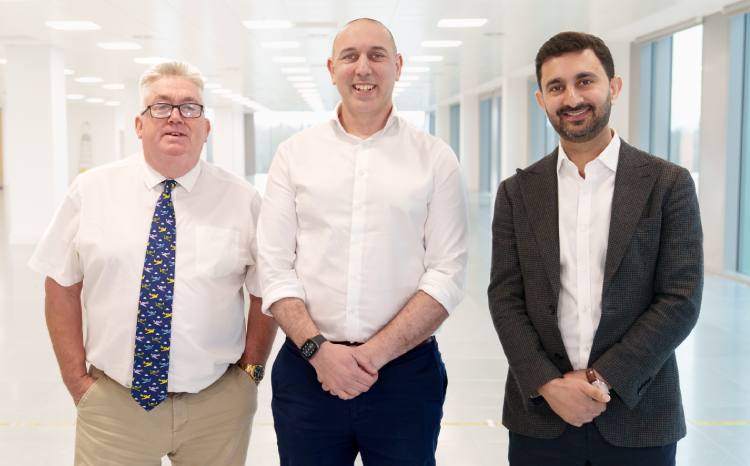Health tech helps during Cumbria floods
- 15 December 2015

Effective use of digital technology helped Cumbria’s healthcare system cope during recent floods that have devastated the region, NHS Cumbria’s chief clinical information officer has said.
Dr William Lumb told Digital Health News that the use of virtualised servers and hosted GP systems meant that primary care in the region was actually “quite resilient” during the downpours, which have left thousands of homes waterlogged and without power.
The floods led to the cancellation of all routine services at Cumbria Partnership NHS Foundation Trust for 7 December, while all routine outpatient appointments on that day at the Royal Lancaster Infirmary, Westmorland General Hospital, the Queen Victoria Hospital in Morecambe and Carlisle’s Cumberland Infirmary were also cancelled.
Cumberland Infirmary also had to switch to backup generators for a couple of days as its power supply was affected and Royal Lancaster Infirmary experienced concerns with power stability.
Despite this, Lumb said: “Health in Cumbria coped relatively well under the circumstances.”
Lumb, who helped evacuate people from their homes, said that one practice sustained minor flooding, while two practices lost power for few days and had to relocate.
However, the main challenges were physical rather than technological, such as creating a room suitable for a clinician to use. Affected GPs could still access the records they would usually have access to.
“The system worked well,” said Lumb.
“Our compete virtualisation platform means you can access your full GP system on any device anywhere. You can access it remotely or you can access sit on an NHS machine.”
He added that NHS Cumbria had experience in this area and previously managed to ‘lift and shift’ a practice in three hours.
Lumb and his colleagues are also working on making sure the region is even more prepared to cope with similar circumstances in the future.
“This is a one in five year occurrence, but let’s be honest about it; it might become more frequent and we have to just design for that.”
This strategy includes moving from a point-to-point Community of Interest Network for the region to a network that is cloud-based
Lumb also said that work with Strata on an integrated record across the region will give NHS managers an immediate overview of what ‘assets’ are open and where capacity is, as well as remote control over their use.
“What we can do over the next 12-18 months is with the click of a mouse we could close a ward in a hospital. We can reroute care and upscale and downscale; that gives some really powerful tools to our managers.”
Lumb added that the region’s plans were not just about coping with major incidents and that the strategy for sharing information would support the day-to-day running of services.
“The sharing platform we’ve got should mean the out-of-hours doctor sees exactly the same information as the A&E doctor.”




